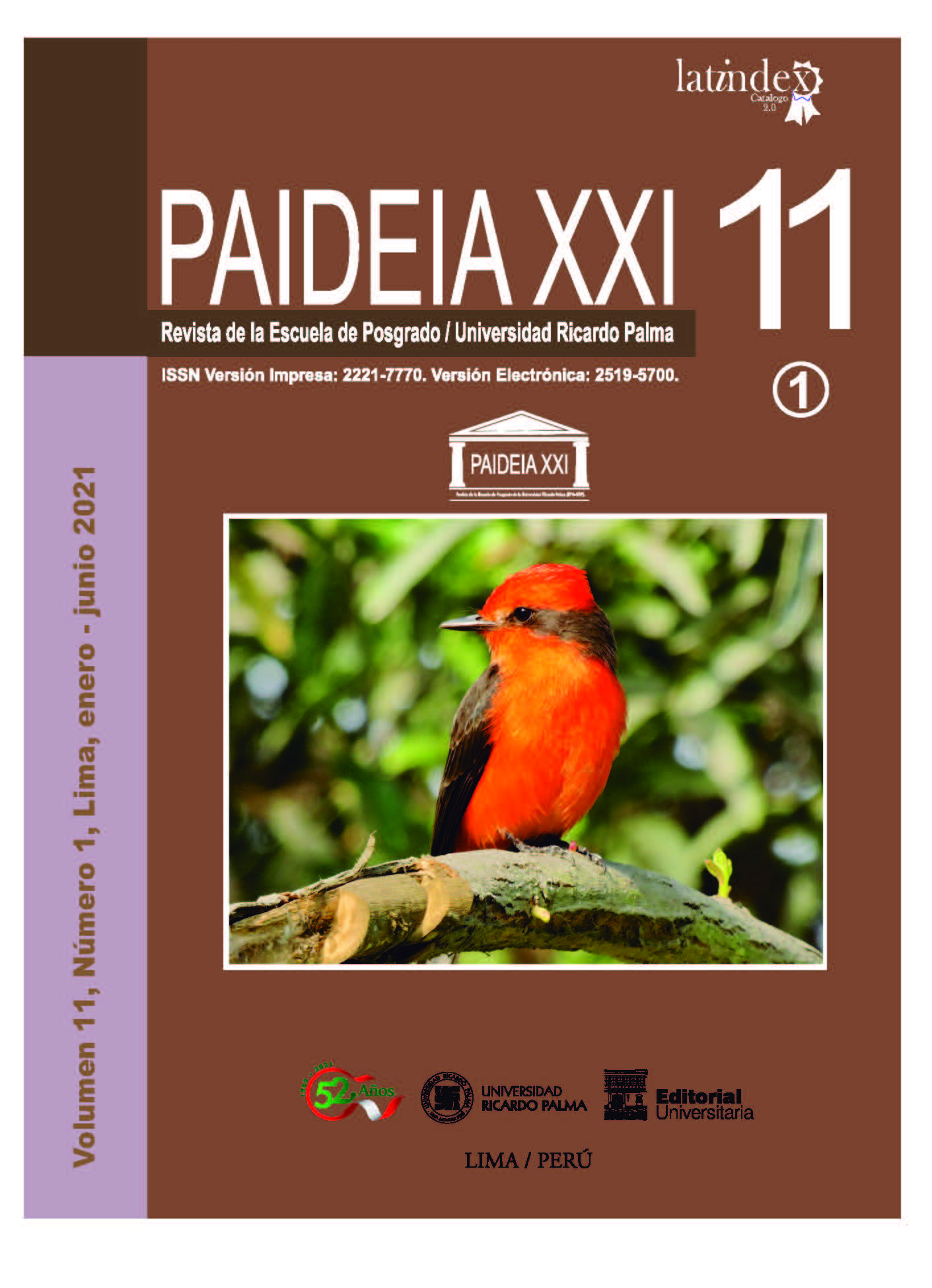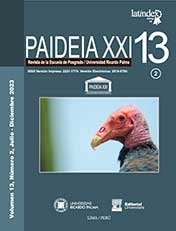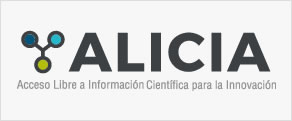THE KEYS TO ARTIFICIAL LEARNING
DOI:
https://doi.org/10.31381/paideia.v11i1.3772Abstract
Relevant points of artificial learning are exposed in order to understand it in a simple way, starting from some considerations and comparisons with human learning. The first steps that began the long path of the development of this faculty in machines are narrated, a process that in a short time was reaching unthinkable goals thanks to the joint impulse of microelectronics, computing, and neurosciences. The role of robotic imitation is highlighted as an effective technique to acquire model behaviours, without the need for complex algorithmic processes. Then the sequence that makes it possible for a baby robot to learn is described: Reception / Exploration, Reaction, Reinforcement, Repetition of the routine, Learning proper, and Prediction. It is concluded that the progress of artificial intelligence has generated computational models that today make possible even the autonomous learning of machines, which in the not too distant future will also be able to design their own learning strategies
Keywords: Learning – Artificial learning – Robots – Artificial intelligence – Deep learning – Neural networks












